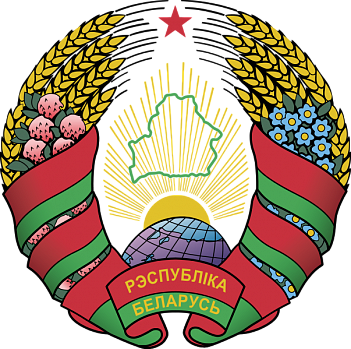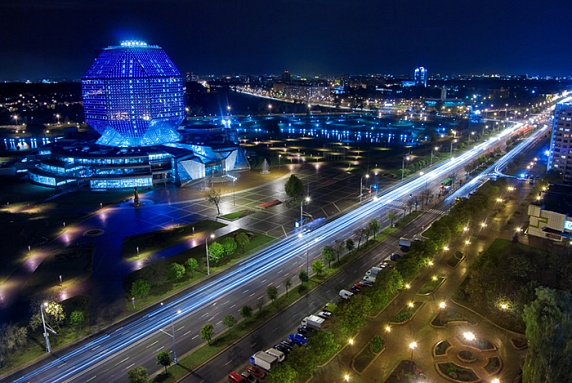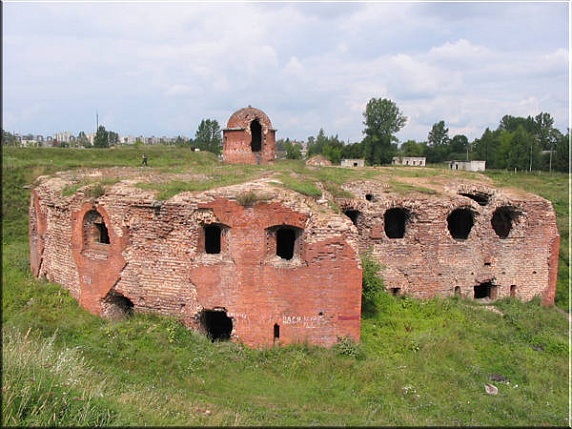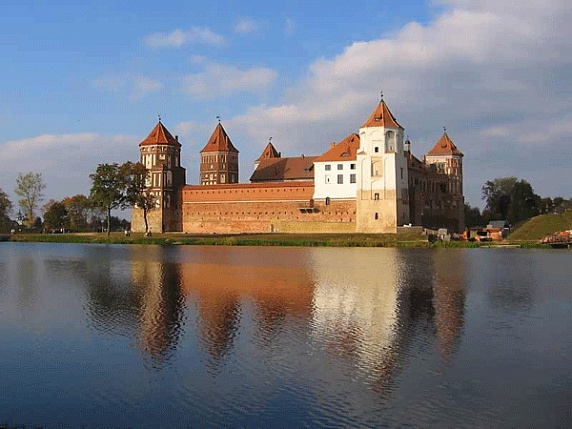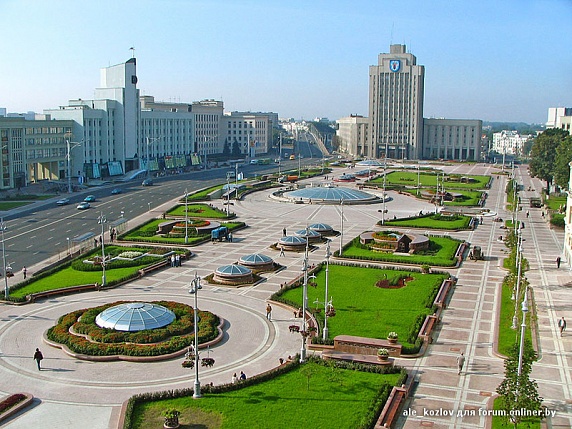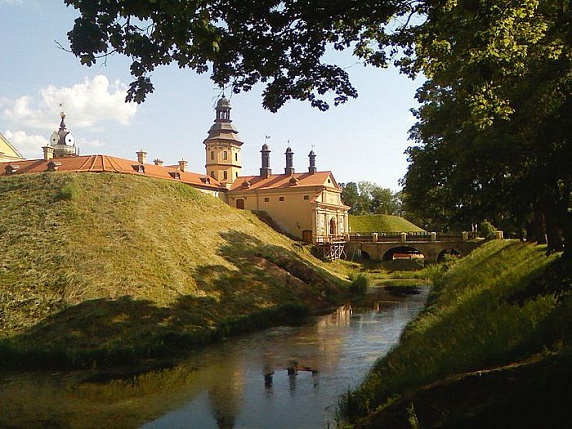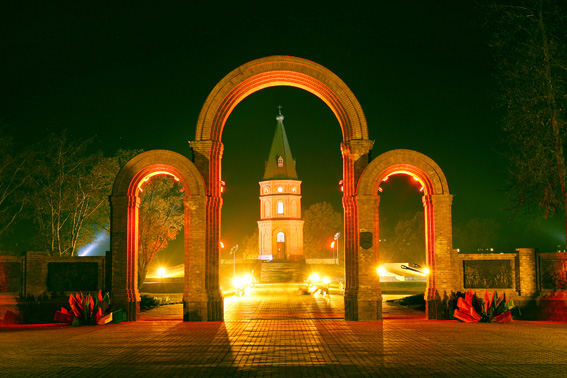 Республика Беларусь
Республика Беларусь
Deputy Foreign Minister Andrey Rudenko’s interview with the magazine Soyuznoye Gosudarstvo, published on December 12, 2019
Question: What have we achieved in the 20 years since the establishment of the Union State?
Andrey Rudenko: On December 8, we marked the 20th anniversary of the Treaty on the Creation of the Union State of Russia and Belarus. The main achievement of our integration process over a period of the past 20 years is a palpable economic effect and a positive influence of our close integration on the quality of people’s life.
Union State citizens have practically equal rights to work, education, social security and medical services. They are free to choose a place of residence and enjoy freedom of movement. Various kinds of tourism such as cultural, medical and environmental have become very popular thanks to the absence of any borders between Russia and Belarus. This is only part of the opportunities, which people in Russia and Belarus habitually profit by. Question: What could make the Union State an example for other integration associations in the post-Soviet space?
Andrey Rudenko: The Union State is not just able to be an example of integration, it has actually become one. The Russian-Belarusian integration processes have largely turned back the centrifugal trends in the post-Soviet space and have led to the establishment of new regional associations such as the Eurasian Economic Union (EAEU) and the Collective Security Treaty Organisation (CSTO).
The Union State mechanisms – the Supreme State Council, the Council of Ministers and the High-Level Group – enable us to find mutually beneficial solutions to any issues, whose range is much wider than at the EAEU, in particular, in the field of labour migration.
Question: Can Belarus be described as our main strategic partner and ally in these difficult geopolitical conditions?
Andrey Rudenko: There are no main or secondary allies, they can only be reliable or unreliable. Belarus is a reliable ally. The all-round development of allied relations between Moscow and Minsk has been sealed as a priority in Russia’s Foreign Policy Concept.
Question: Would you say that Russia and Belarus are pursuing coordinated foreign policies?
Andrey Rudenko: Yes, that is definitely the case. Our countries are closely coordinating their efforts at the main international platforms, including the UN and the OSCE. This is being done through the biennial programmes of coordinated actions of states parties to the Union State Treaty. The latest such programme was signed for 2020-2021 at the joint meeting of the foreign ministry collegiums of Russia and Belarus held in Moscow on November 18, 2019. It sets out the goal of promoting our joint initiatives on disarmament, protection of traditional values, and the fight against the falsification of history, neo-Nazism and human trafficking. We have a unique system of exchanges, under which Belarusian diplomats receive on-site training at our ministry’s OSCE and Council of Europe departments, while Russian diplomats are trained at the relevant departments of the Belarusian foreign ministry.
Question: What are the most important items on the current Russian-Belarusian agenda?
Andrey Rudenko: Russia and Belarus maintain a multifaceted dialogue, and I believe therefore that it would not be right to put any subjects ahead of others. Of course, trade and economic cooperation is a vital pillar of the Union State dialogue. But there are other equally important topics, such as our close interaction on foreign policy, or our cooperation in the social sphere aimed at ensuring equal rights for our citizens, our joint research projects, or cooperation in the defence sector, space exploration, pharmaceutics, healthcare, culture and arts. Therefore, the answer is that all the numerous facets of our dialogue have a unique function and each of them is important in its own way.
Question: When can we reach a mutual visa recognition agreement?
Andrey Rudenko: The coordination of the text ended in November 2018. Russia has completed all the necessary internal procedures needed to submit the agreement for signature. The document can be signed as soon as we know that Belarus has done the same. We hope that this will happen soon, because an agreement that creates conditions for the legal crossing of the Russian-Belarusian border by foreign nationals meets the interests of both countries and will also contribute to the creation of a common migration space.
Question: How often do you travel to Belarus? Do you feel at home there?
Andrey Rudenko: I have been to Minsk and other Belarusian cities many times. My impressions are very positive, largely thanks to the traditional Belarusian hospitality for which I am sincerely grateful.
Question: What would you like to wish Union State citizens on the 20th anniversary of the Union State Treaty?
Andrey Rudenko: I would like to wish well-being, health and happiness to all Russian and Belarusian families, which I see as close friends. I would like them to cherish our common history, our victories and our common aspiration to ensure peace and prosperity for our grandchildren and great-grandchildren.

